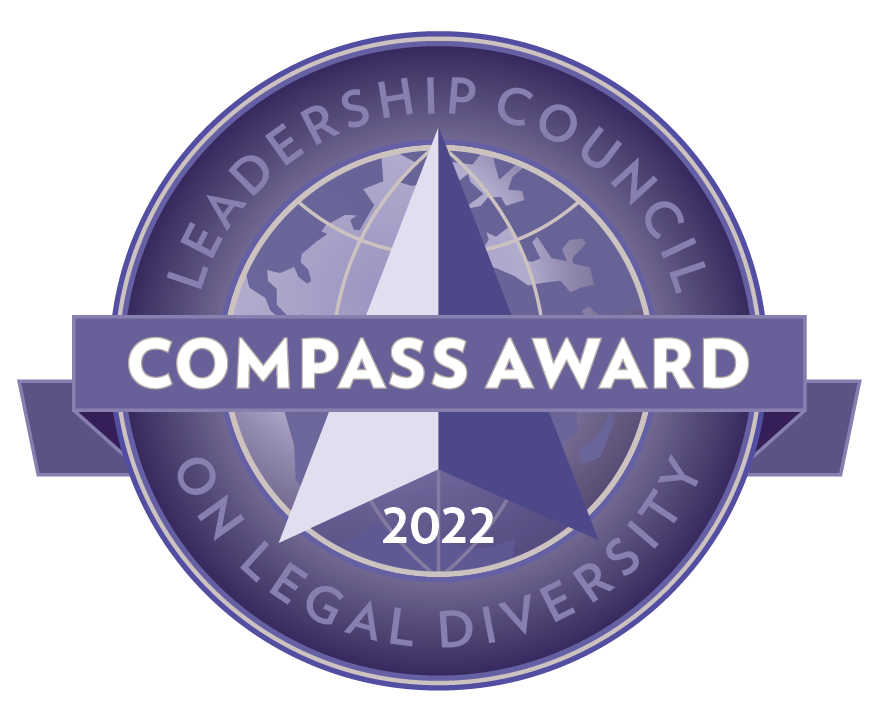Tax Monitor
Estate Planning
January 7, 2025
With the new year, you have no doubt been inundated with messages nudging you to make a fresh start on any number of things: eating better, saving money, going to the gym, getting more sleep, or stopping a bad habit. As we ring in 2025, the law is giving us another nudge to take a fresh look at our estate plans.
The Tax Cuts and Jobs Act of 2017 (TCJA) increased the unified gift and estate tax…
July 18, 2022
Since the changes to the estate, gift, and generation skipping taxes went into effect in the Tax Cuts and Jobs Act of 2017 (“Tax Act”), advisers and clients have been working to take maximum advantage of the benefits, many of which will sunset at the end of 2025 without further legislative action.
The Tax Act doubled the estate, gift, and generation skipping tax exemptions. In 2022, the estate tax…
January 23, 2020
The SECURE Act1 makes sweeping changes to the required minimum distribution (“RMD”) rules for retirement accounts. Except for a few types of beneficiaries, it eliminates the most popular tax-advantaged planning feature - the ability of a retirement beneficiary to stretch RMDs over the beneficiary’s life expectancy. The elimination of the stretch fundamentally changes how beneficiaries are taxed…
January 23, 2020
The SECURE Act, signed into law on December 20, 2019, may help alleviate some of the burdens small employers face when providing retirement plans. Here are a few key things you need to know when evaluating what, if any, changes you should make to take advantage of this new legislation.
OPEN MULTIPLE EMPLOYER PLANS
While Multiple Employer Plans (or MEPs) are not new to the retirement industry, they…
May 23, 2019
The Initial Probate
Most people are familiar with the concept of probating an estate upon the death of the decedent. The administration of the decedent’s estate is initiated in the county and state where the decedent lived at the time of his or her death, known as the decedent’s domicile. Depending on the state in which the decedent lived, the estate administration procedure may be different if…
January 22, 2018
On December 22, 2017, President Trump signed the Tax Cuts and Jobs Act (“Tax Act”) into law which makes significant changes to the estate, gift, and generation skipping taxes.
The Tax Act doubles the estate, gift, and generation skipping tax exemptions to approximately $11.2 Million per person for 2018, which provides significant relief for high net worth individuals and families with valuable…
March 1, 2017
Overview.
Effective for tax years beginning on January 1, 2018, the IRS has a new set of rules to govern partnership audit procedures. Since the vast majority of limited liability companies (LLCs) are taxed as partnerships, these new rules may require amendments to LLC operating agreements as well as partnership agreements to ensure that the economic burden of future tax assessments are allocated…
|
|











